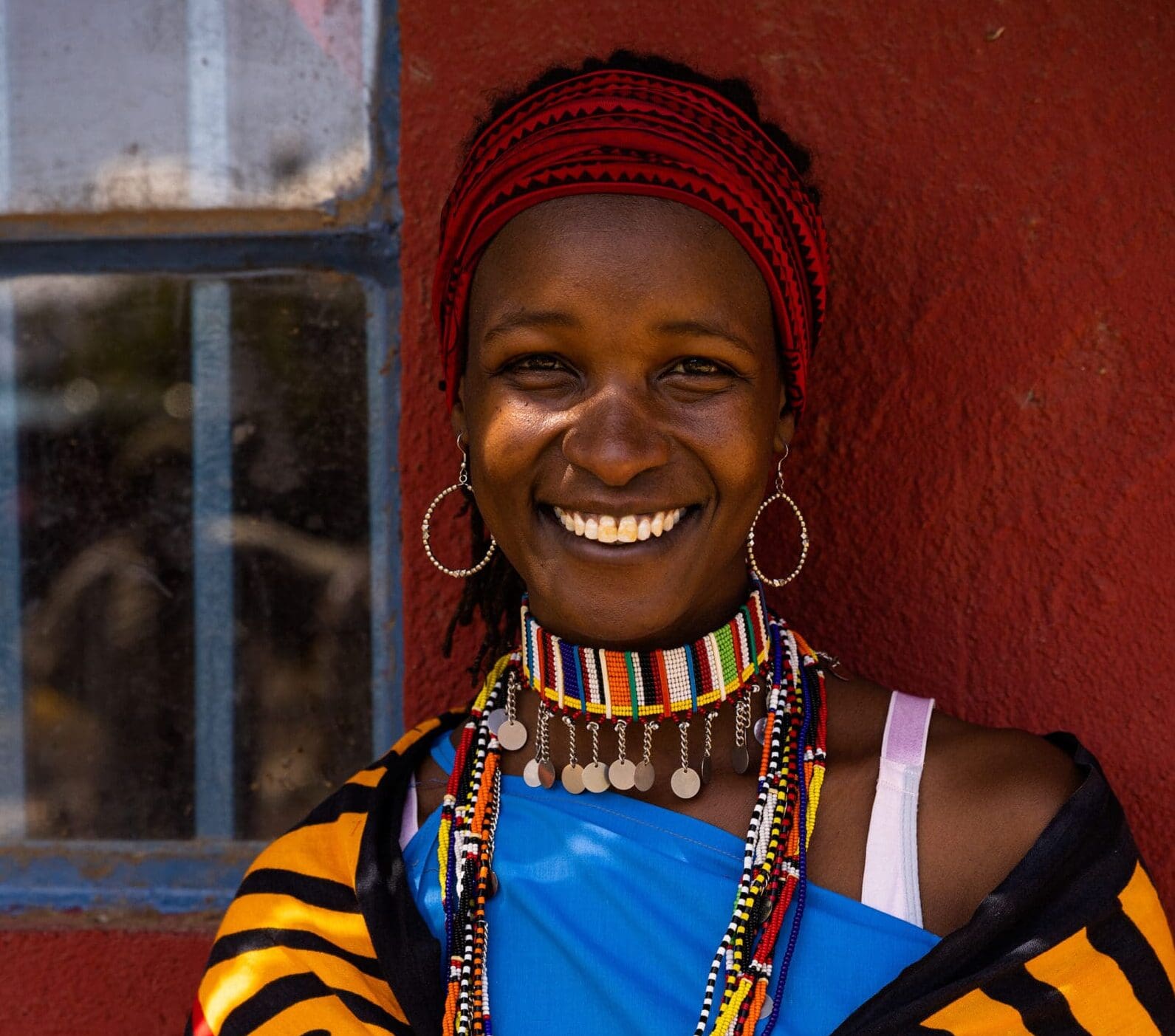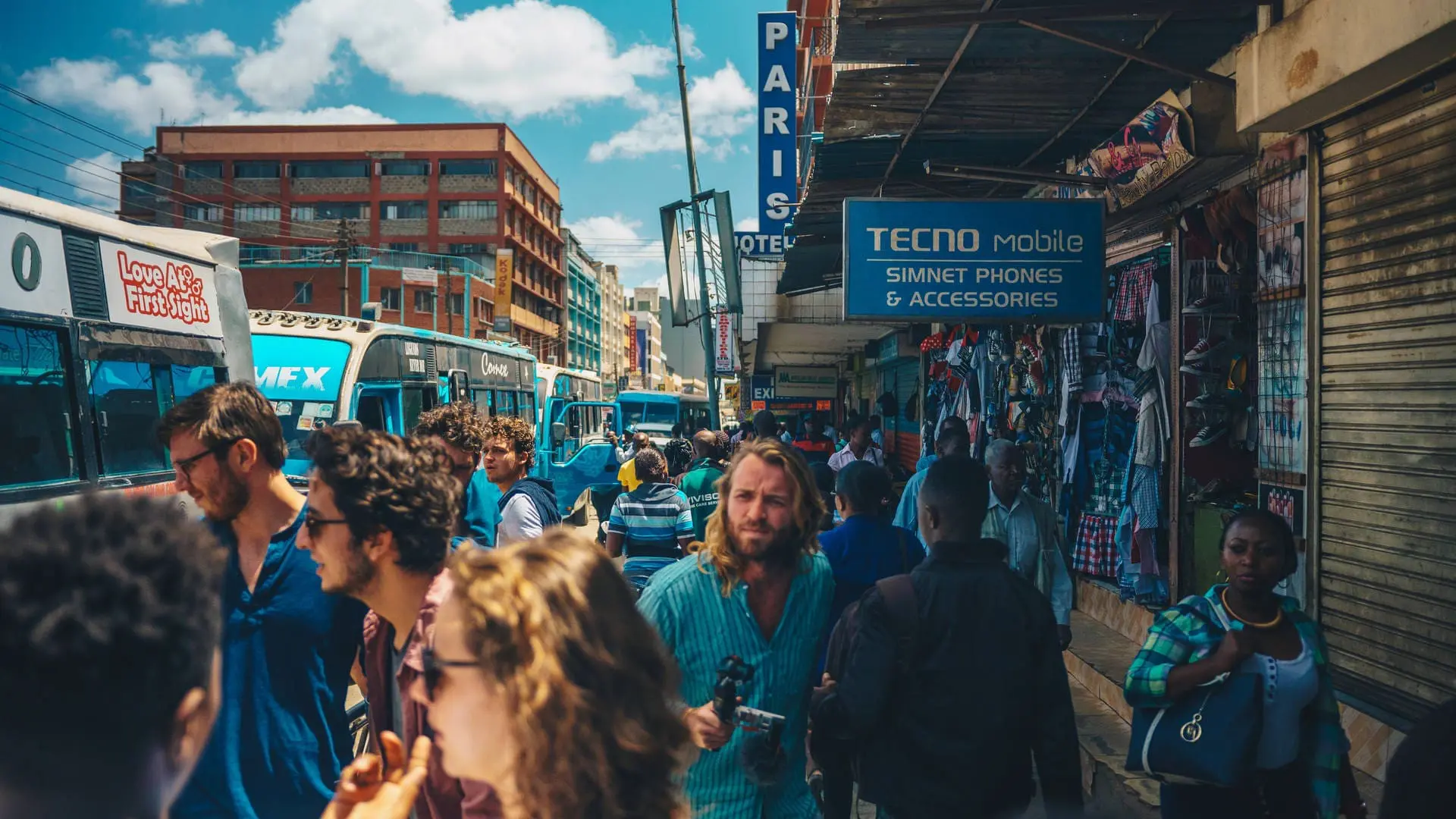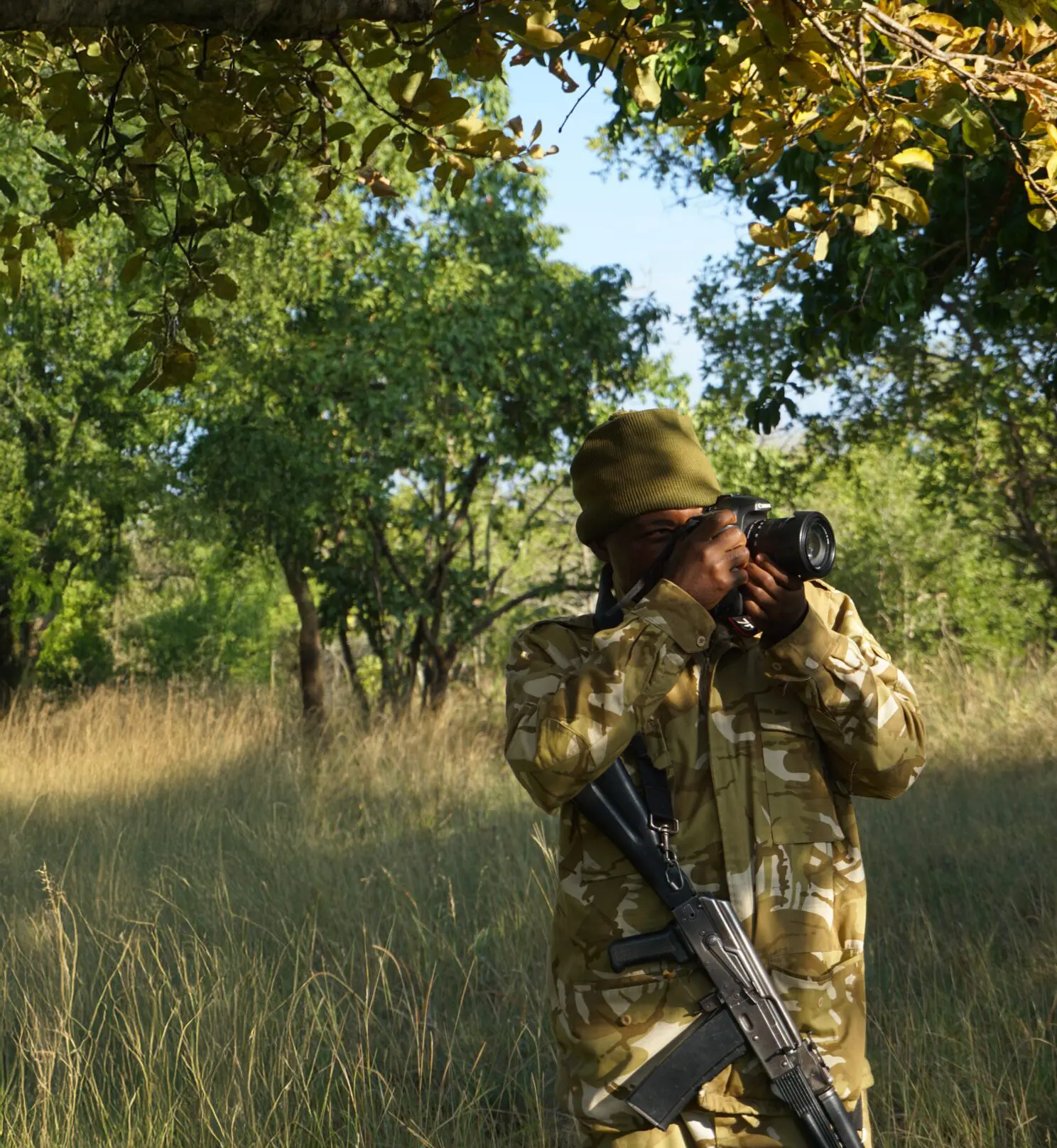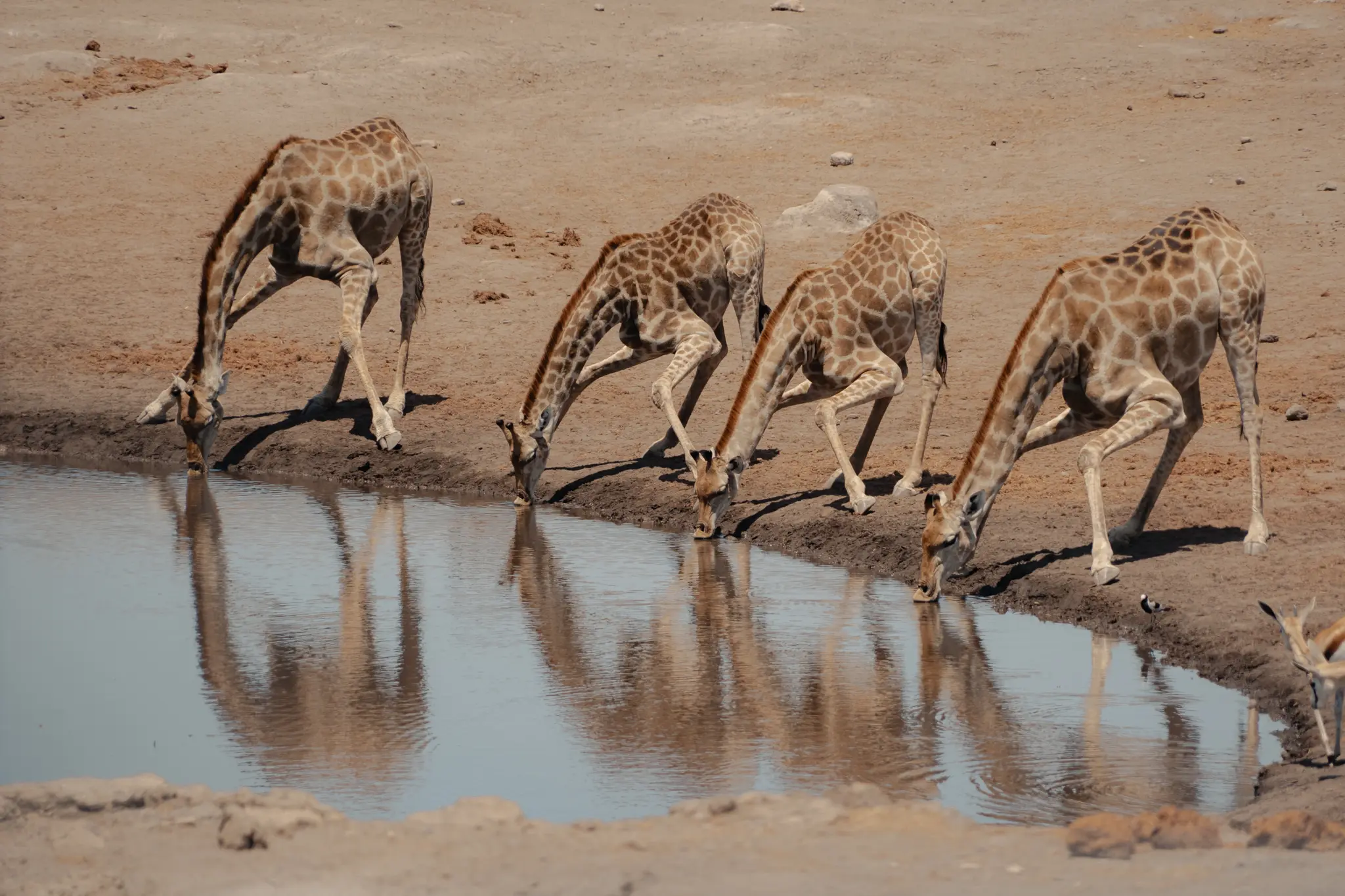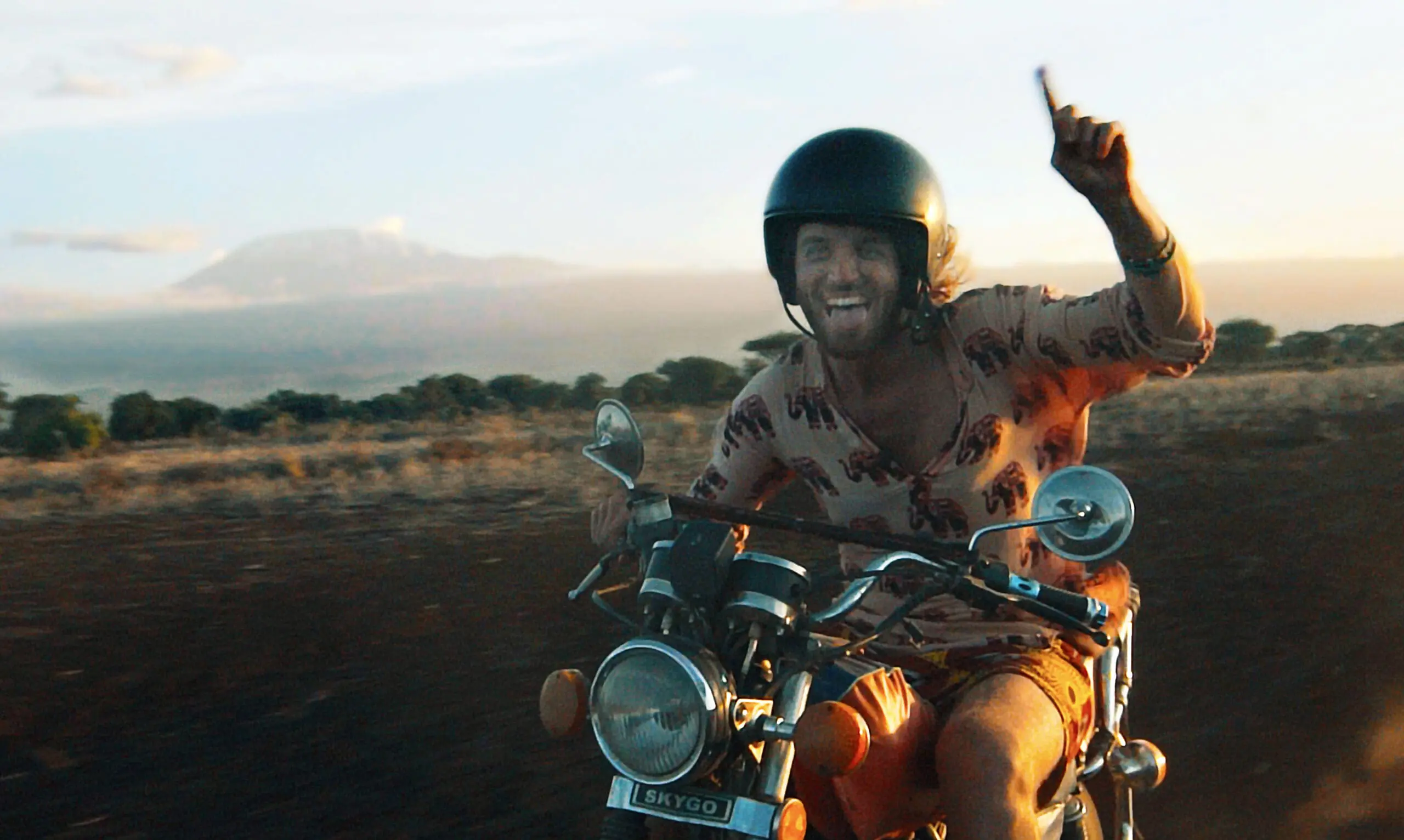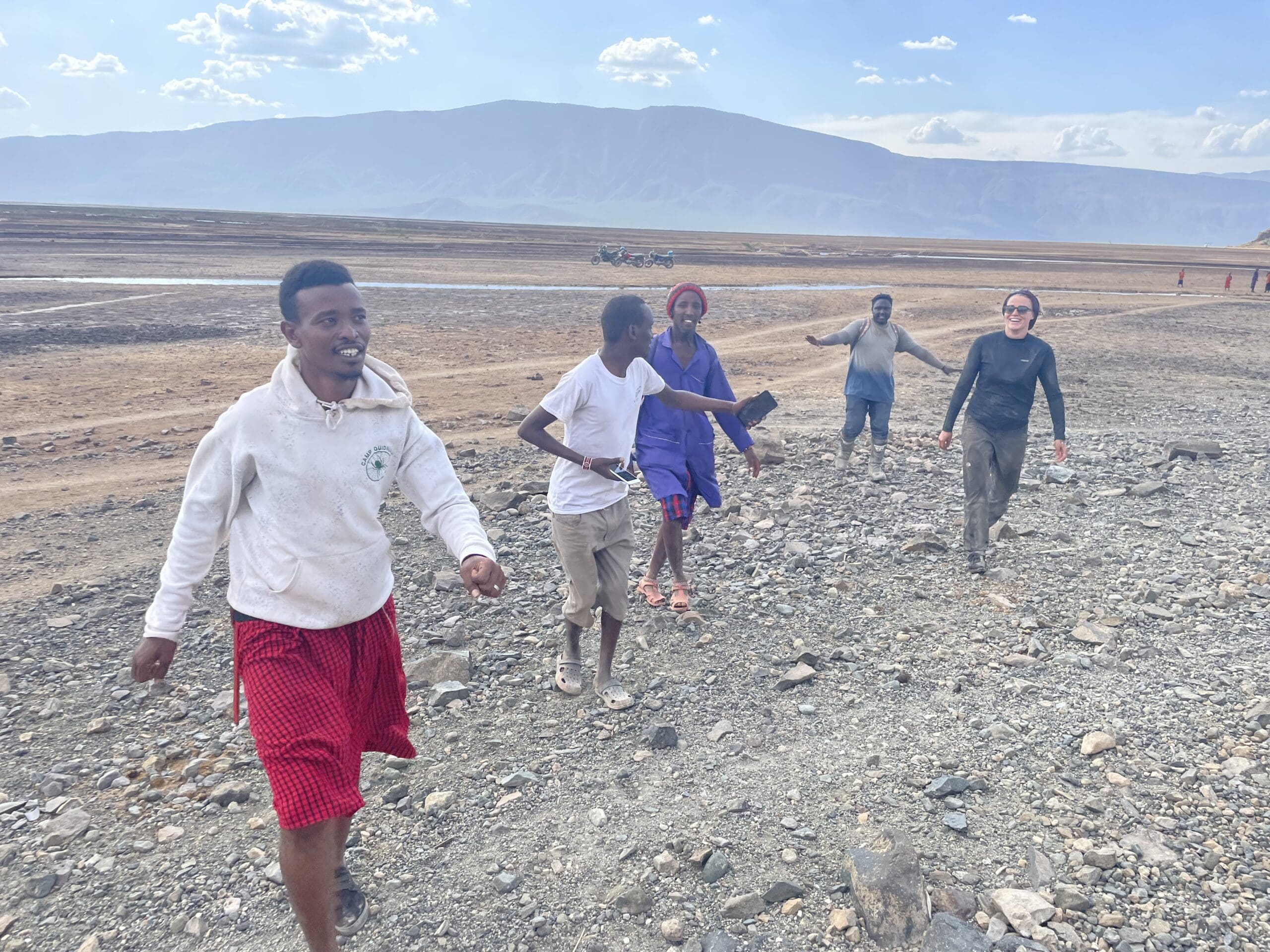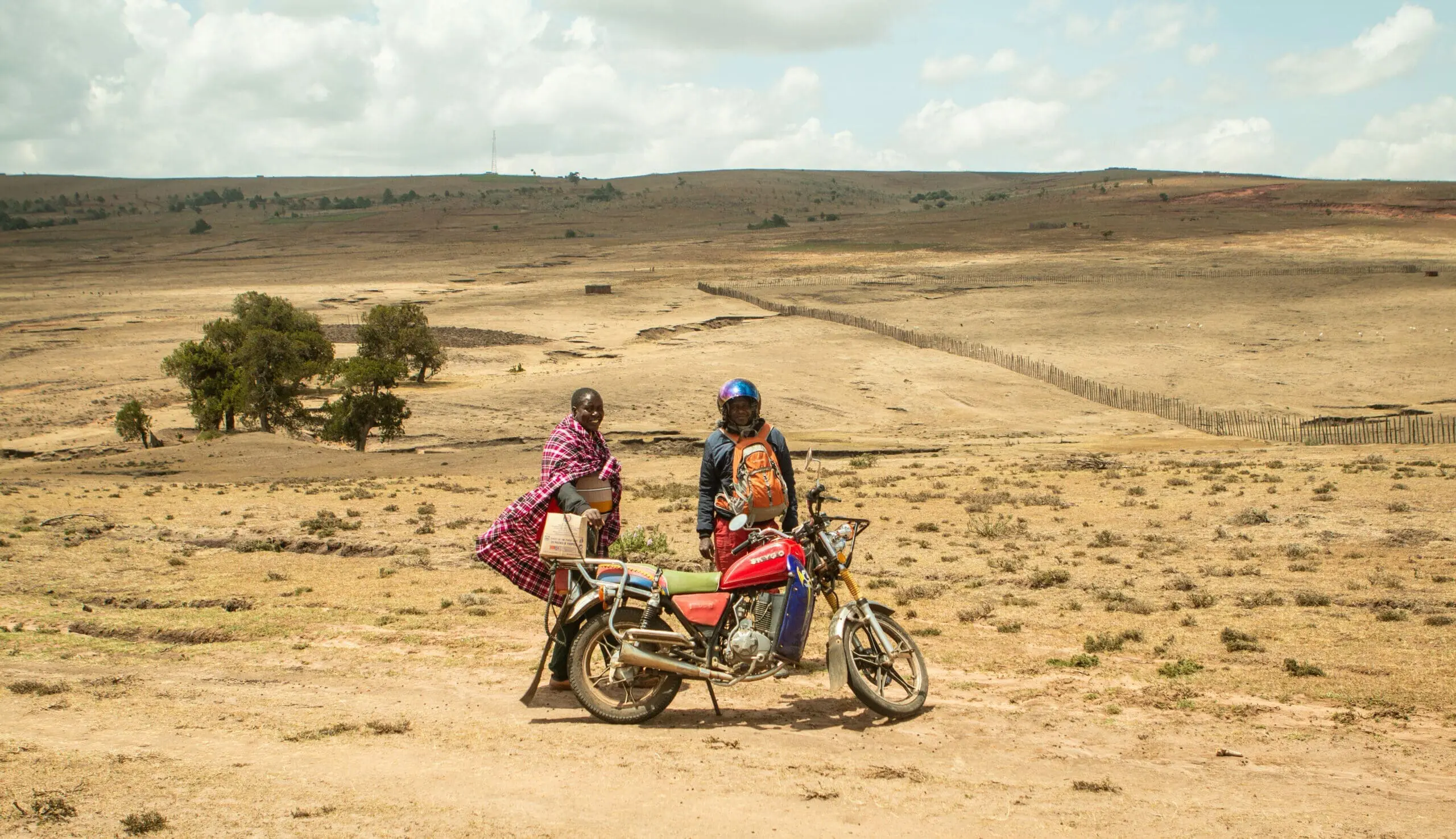The safety in Kenya: what’s the situation?
Is Kenya safe enough for travelers to enjoy this beautiful country without worries? Whether you're exploring a national park or relaxing on pristine white beaches with a fresh coconut in hand, you want peace of mind. We take a look at the travel advice from the
Ministry of Foreign Affairs and the
Belgian government’s advisory for Kenya. Discover how to prepare for your trip and what precautions you can take to ensure a smooth and worry-free adventure.
Travel advice from the Ministry of Foreign Affairs
We follow the travel advice issued by the Ministry of Foreign Affairs. Visit
https://www.gov.uk/foreign-travel-advice/kenya for the most up-to-date information.
Travel advice for Kenya from the Belgian government
When we examine the travel advice for Kenya from the Belgian government, we see that it aligns with the travel advice from the Dutch government. For example, it is advised to avoid certain areas in Nairobi unless accompanied by a local guide. Additionally, using public transport, including matatus, is discouraged, and in Mombasa, travelers are advised not to stray from the tourist routes.
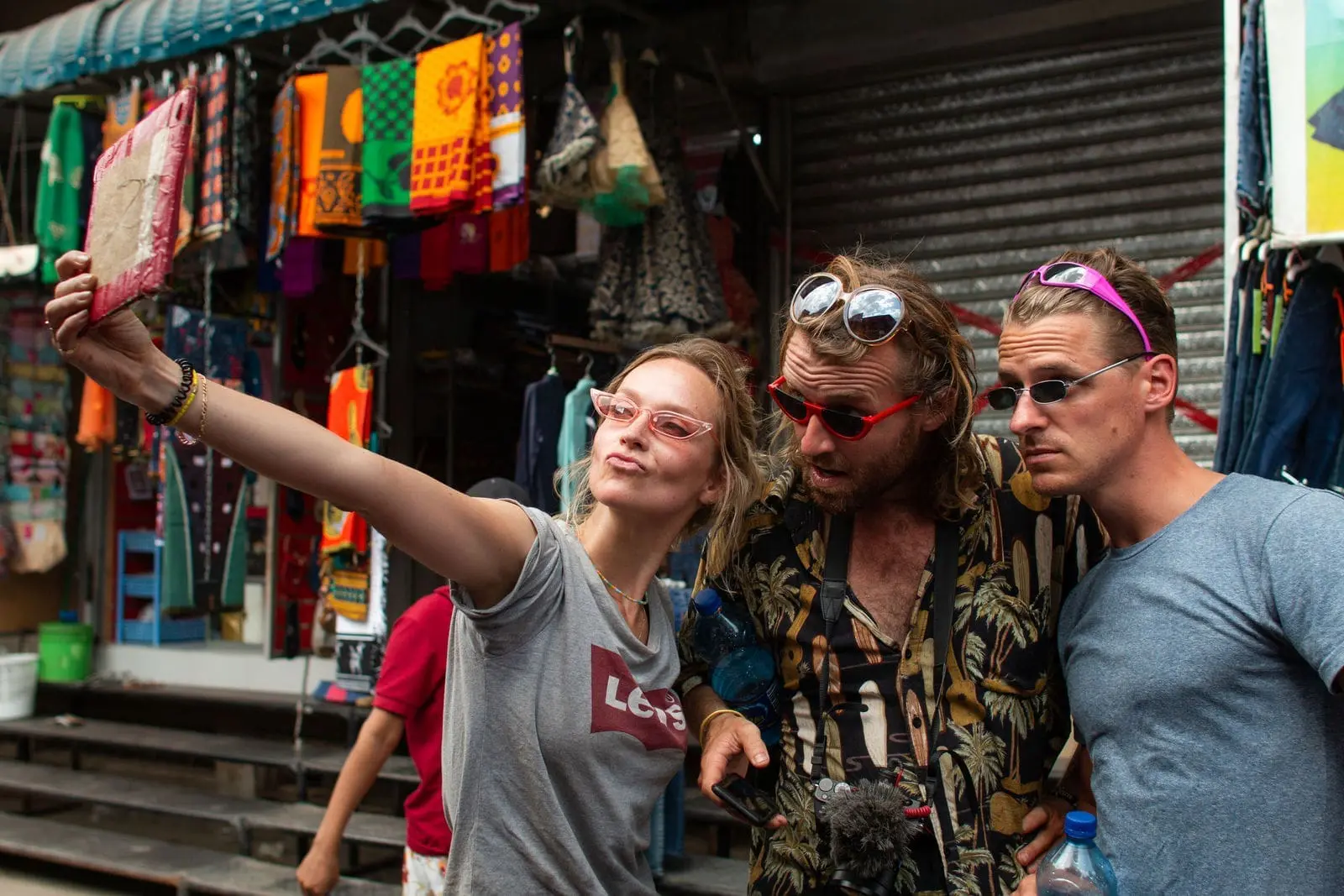
Crime
In Kenya’s major cities, crime can sometimes occur, just like in many large urban areas. To help you avoid unwanted situations as much as possible, we have put together a list of 8 tips for you:
1. Email important documents to yourself.
Crime can sometimes occur in large cities in Kenya, just as in many big cities. To help avoid unwanted situations, we provide the following tips:
2. Distribution: Hand luggage vs. checked luggage
Make a smart distribution between your hand luggage and checked luggage. Place all important items in your hand luggage, which you always keep with you. Think of your passport, vaccination booklet, wallet, visa, flight tickets, laptop, camera, and phone.
In your checked luggage, put all other items that don’t have high value. If you're using a backpack, it's smart to put a flight bag around it and lock it with a TSA lock. Not only will your items be secure, but your backpack will also be protected. If you're using a suitcase, it's also a good idea to lock it with a TSA lock so that no unwanted person can easily access your suitcase.
Even when traveling by bus from A to B within Kenya, it’s a good idea to lock your luggage with a lock. Luggage is often placed at the bottom of the bus or tied on top of the bus. When you have a long journey (e.g., from Nairobi to the coast), you don't always have a clear view of your luggage, and it gives you peace of mind to know that no one can easily access your belongings.
3. Valuable items in a safe (passport, money)
We recommend that you store valuable items in a safe when you leave your accommodation. Your passport is the most important possession while traveling, and you don’t want to be distracted during your trip because it’s stolen or lost. If you don’t need it, just leave it safely behind at the accommodation.
This also applies to credit cards, cameras, laptops, jewelry, and other valuables. Consider what you truly need and leave the rest in the safe. Better safe than sorry.
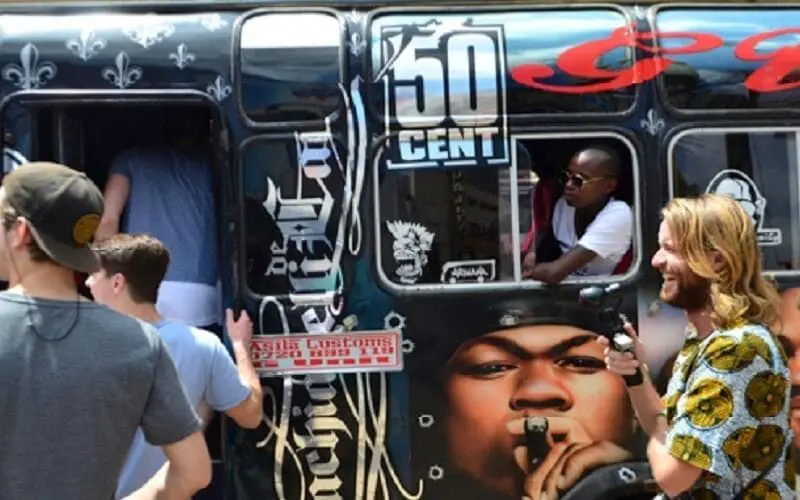
4. Take a taxi in the evening
You open Google Maps and see that it's only an 8-minute walk to your destination. You think it's no big deal, but it's already dark, and you're not really sure where you are. Again, better be safe than sorry! There are many places where it's better not to walk around in the dark, even if they seem perfectly safe during the day. So, install the Uber app on your phone, and in no time, you can get in a taxi for a small fee to safely take you from point A to point B.
5. Keep your car windows closed in busy areas
Don't be surprised if the driver closes your window and locks the doors while you're enjoying the view of the city's chaos through the open window. He's not doing it because he's cold, but to make sure no quick hands can snatch your phone or belongings. It's common for a speedy boda rider to grab your bag or phone before you even realize it, disappearing into the bustling crowd. Be mindful of this too, and avoid hanging your phone out the window to capture the crazy scene for your Instagram.
6. Store your phone securely
If you're walking on the street, it's not wise to constantly have your phone in your hand. You won't be the first (or last) person whose phone is quickly snatched away. It's better to reply to a message, check the route, or make a call in a quieter place. Of course, this applies to all your valuables, so store them as securely as possible to avoid unpleasant situations.
7. Kenyan SIM card
If you'd like to stay reachable and have access to the internet, it's a good idea to stop by a Safaricom store to purchase a SIM card. Don’t forget your passport, as it is required to buy the SIM card. A nice bonus is that with Safaricom, you can use Mpesa, a digital payment method via your SIM card, which allows you to pay almost everywhere in Kenya. Let the store staff know that you want to activate this feature on your SIM card. You can also transfer money from your Dutch bank account to your Mpesa account through the Transferwise app. This way, you’ll carry minimal cash and won’t need a credit card, which you can safely leave in the safe at your accommodation.
In case of an emergency, you can call the Kenyan emergency number 999, which is equivalent to 112 in the Netherlands.
8. Old phone for big party/festival
Are you heading to a big party or a fun festival? Cool! But be careful, as there have been instances where people have had their phones stolen at such events. Often, there are different groups of pickpockets working together to catch as much loot as possible. It's a good idea to bring an old phone and keep your valuables in something like a fanny pack.
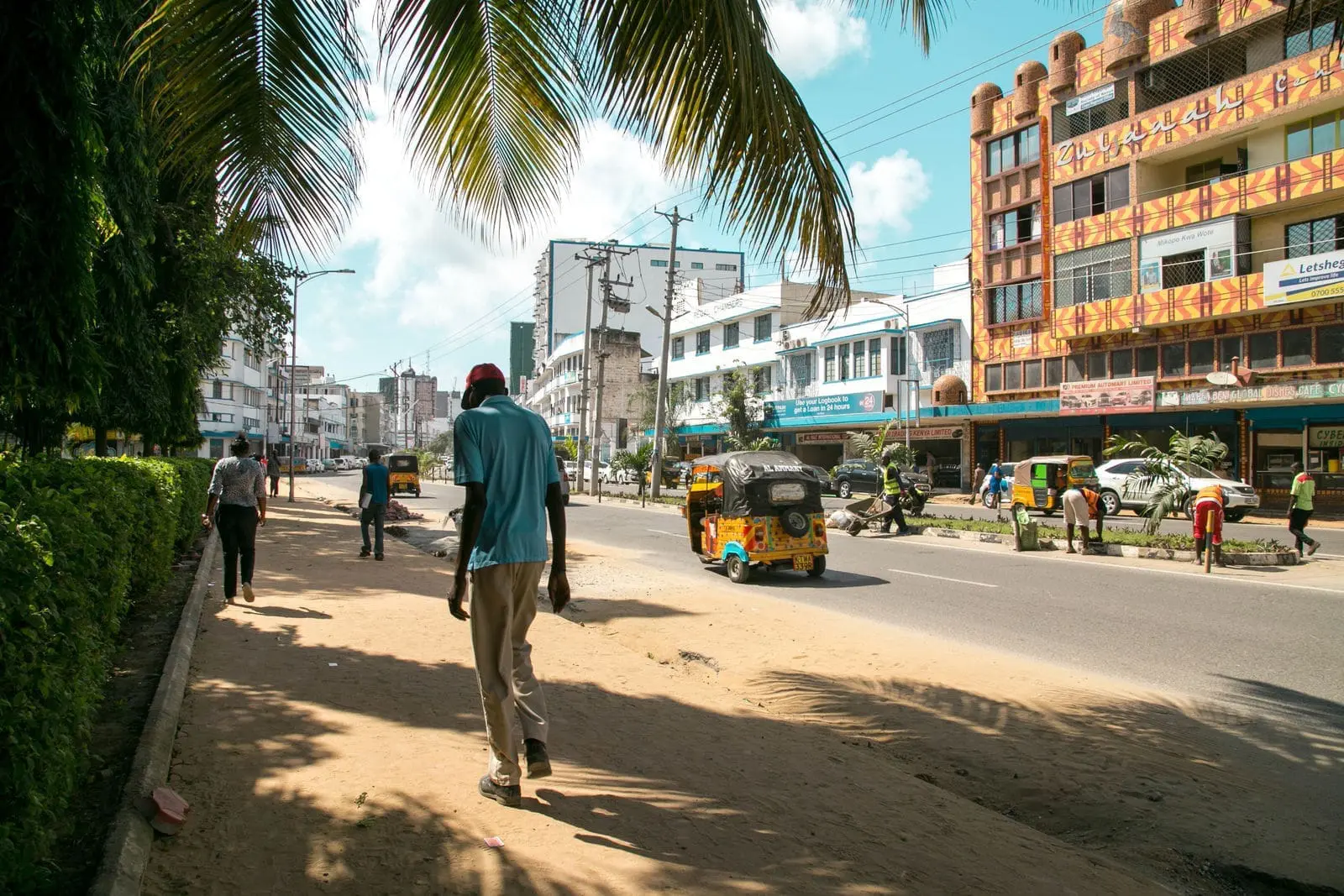
We're on the ground
Since our team is "on the ground," we are always aware of changing situations. We closely monitor the news and developments so that we can quickly adapt if the trip needs to be adjusted. Being here allows us to maintain excellent relationships with all our partners, who continuously provide us with appropriate advice.





